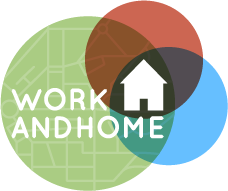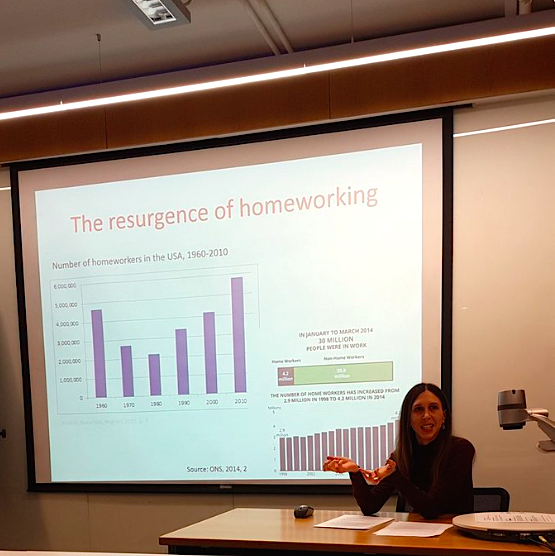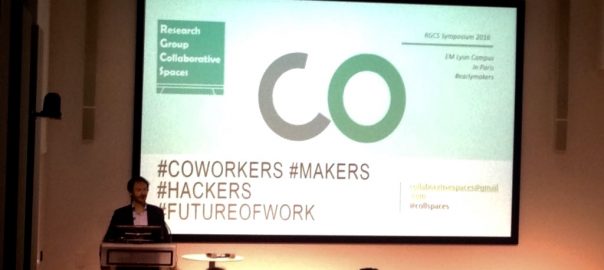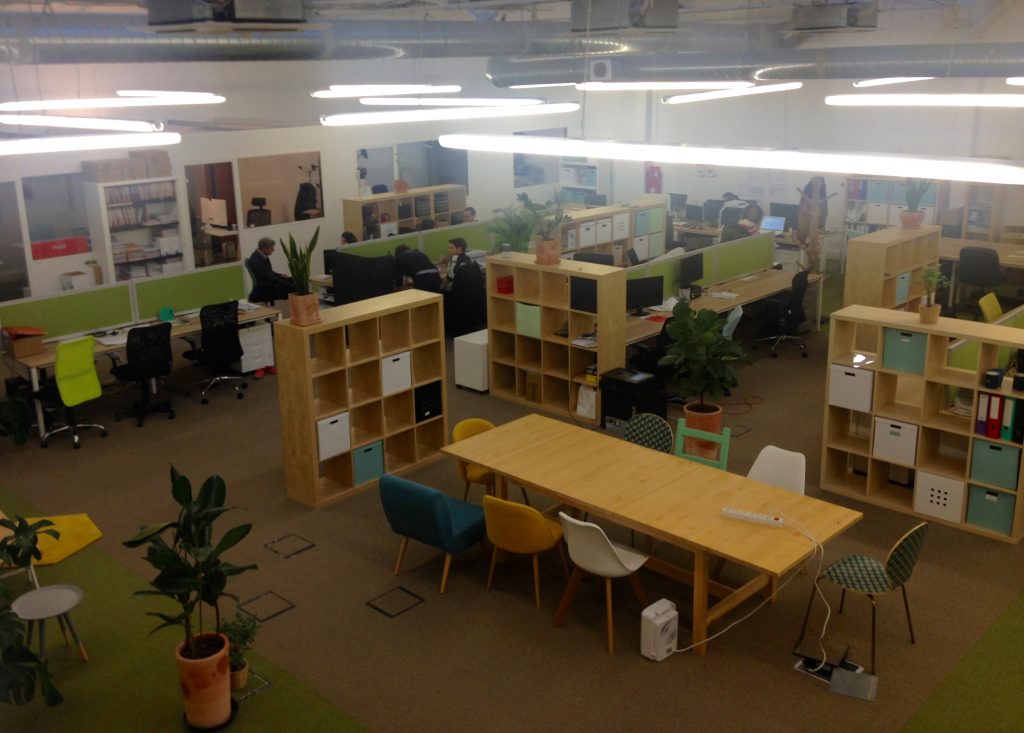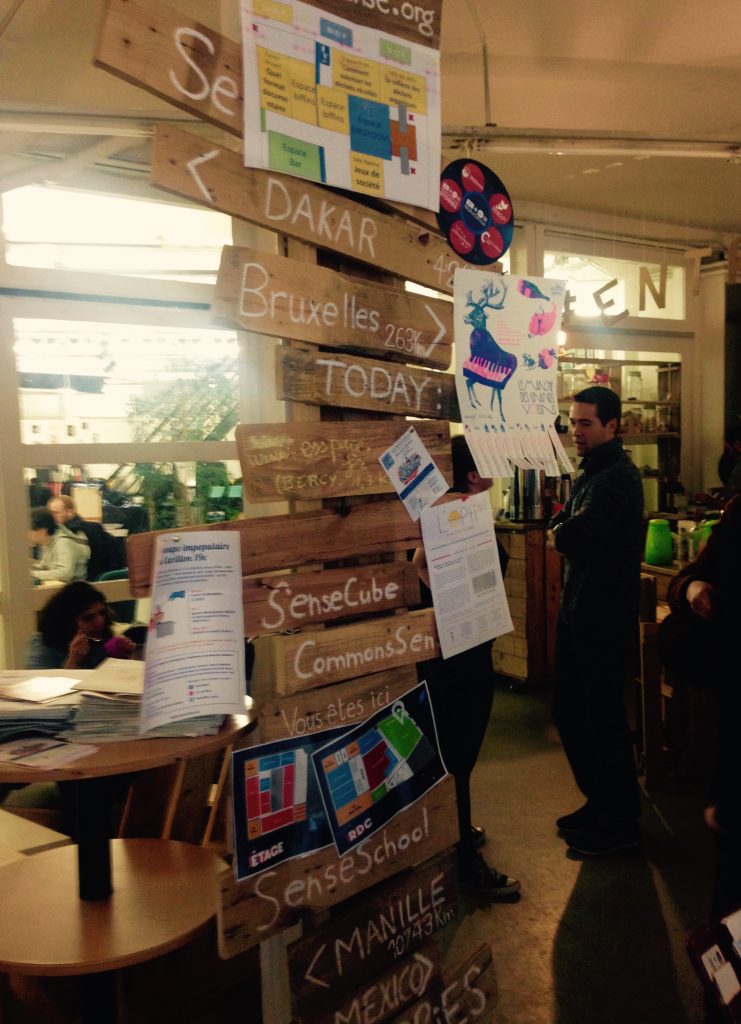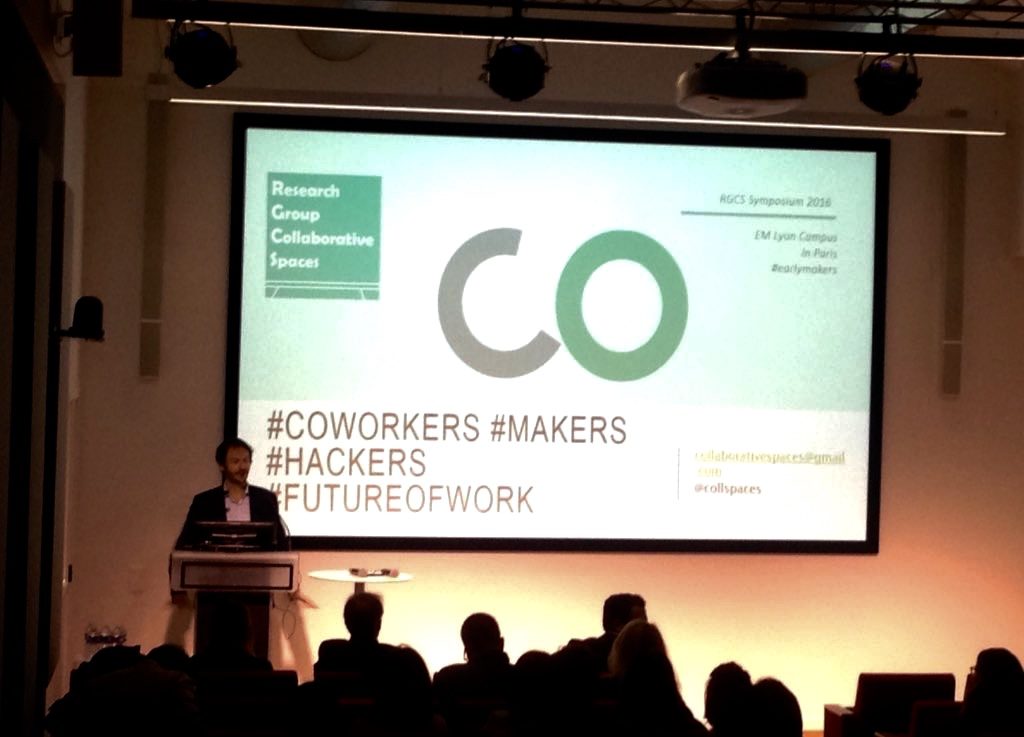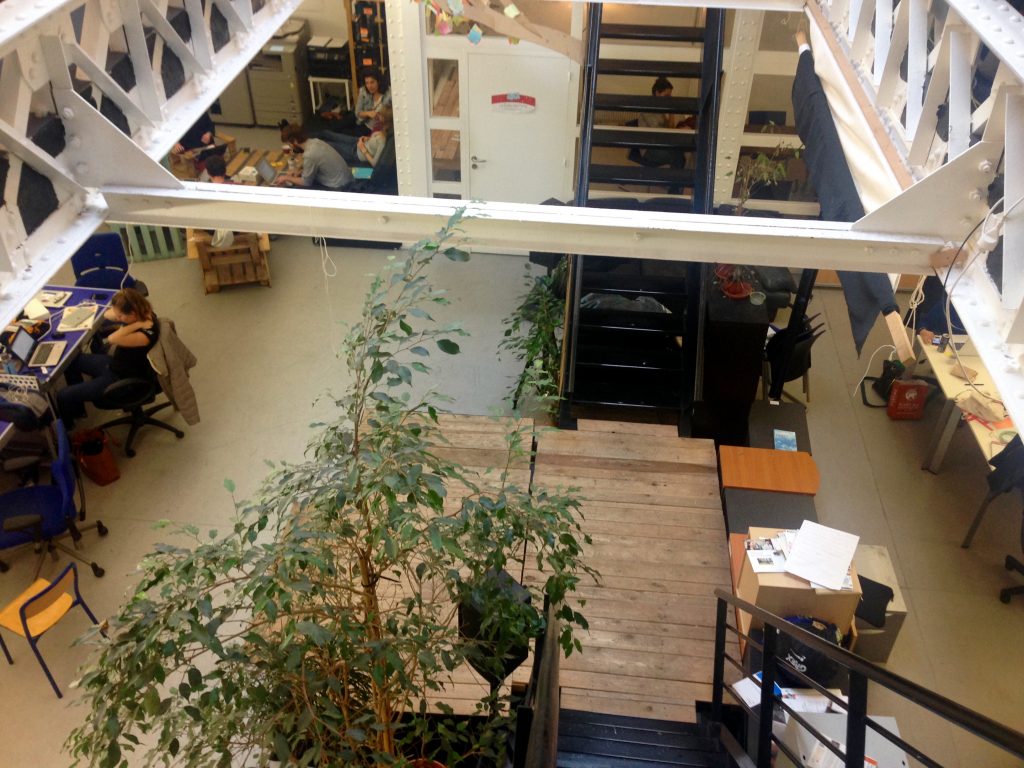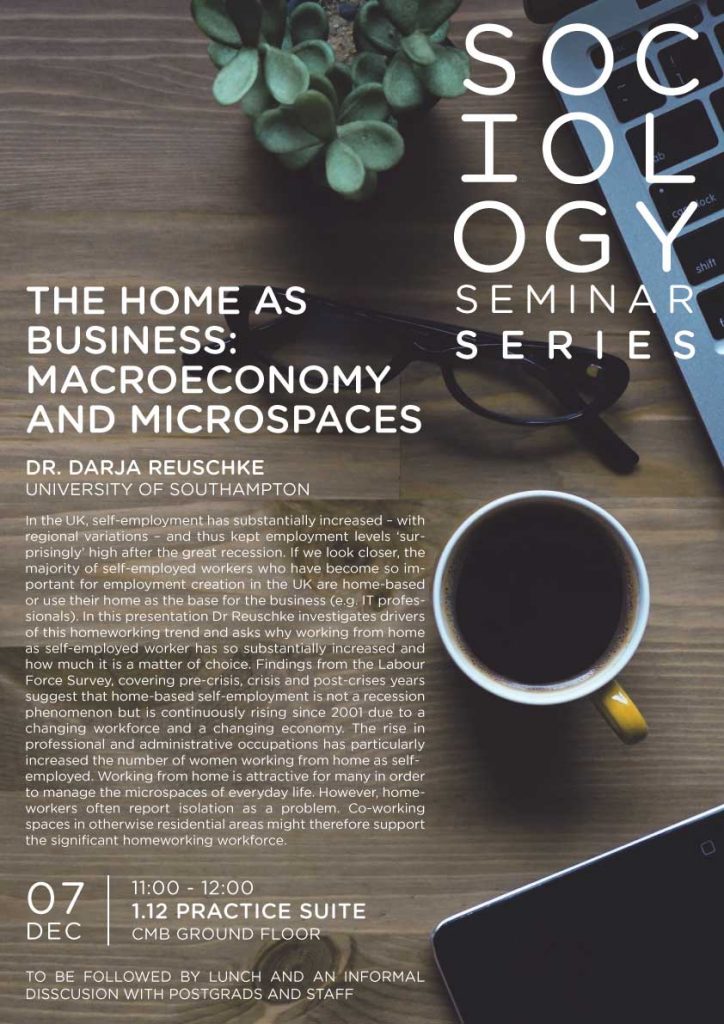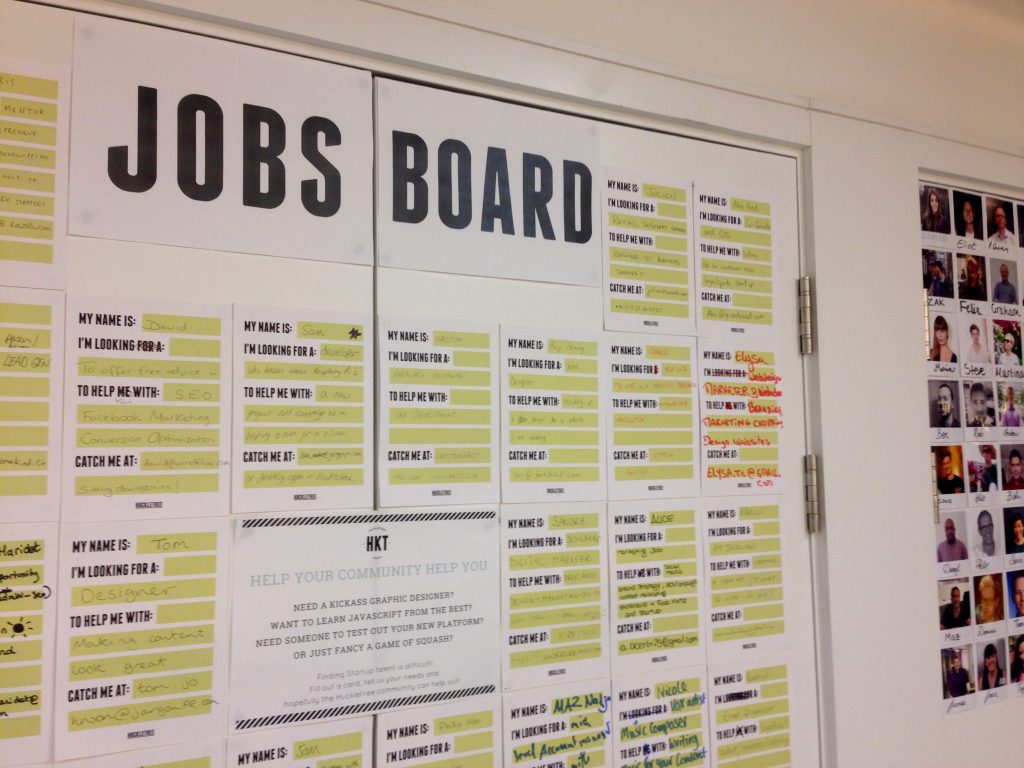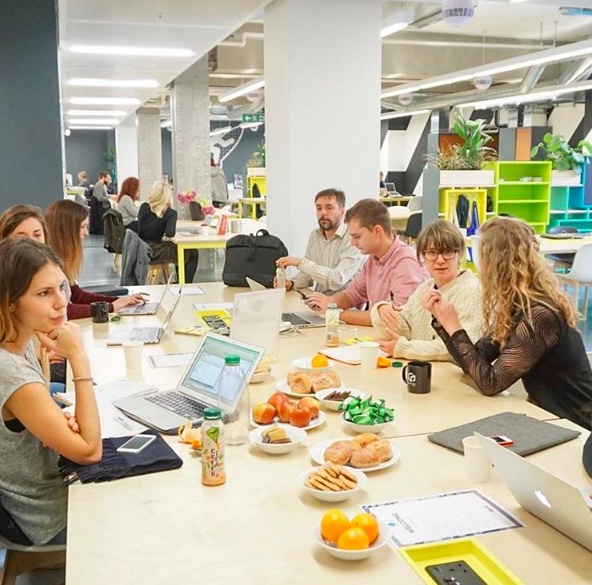We are pleased to announce the final programme for the 2-day seminar: Diversity of workplaces and spaces in cities, taking place at the University of Southampton on 11 and 12 September 2017.
This seminar investigates how working spaces and places in cities are changing and what this means for urban systems in terms of infrastructure, urban design and planning. Key questions to be examined include:
- How diverse are the working spaces and places of workers in cities?
- How are working spaces transformed into workplaces?
- Where is formal/informal/precarious work undertaken; in what urban sites and places, and what spaces do these create?
- Are new hybrid places emerging in cities? How regulated/formalized are these?
- How do we have to rethink ‘the journey to work’, formal vs. informal work(spaces), private vs. public spaces and corporate vs. social spaces in cities?
This is the second of 3 events on ‘Reconceptualising urban landscapes of work’ funded by the Urban Studies Foundation. Further details are in the attached programme.
Registration is open via EVENTBRITE for the above seminar. Tickets are limited so early registration is suggested. Speakers do not need to register. The registration link is: https://www.eventbrite.com/e/urban-studies-seminar-diversity-of-workplaces-and-spaces-in-cities-tickets-34827297384
For further information, please contact Dr Darja Reuschke: D.Reuschke@soton.ac.uk or Dr Annabelle Wilkins: A.H.Wilkins@soton.ac.uk
